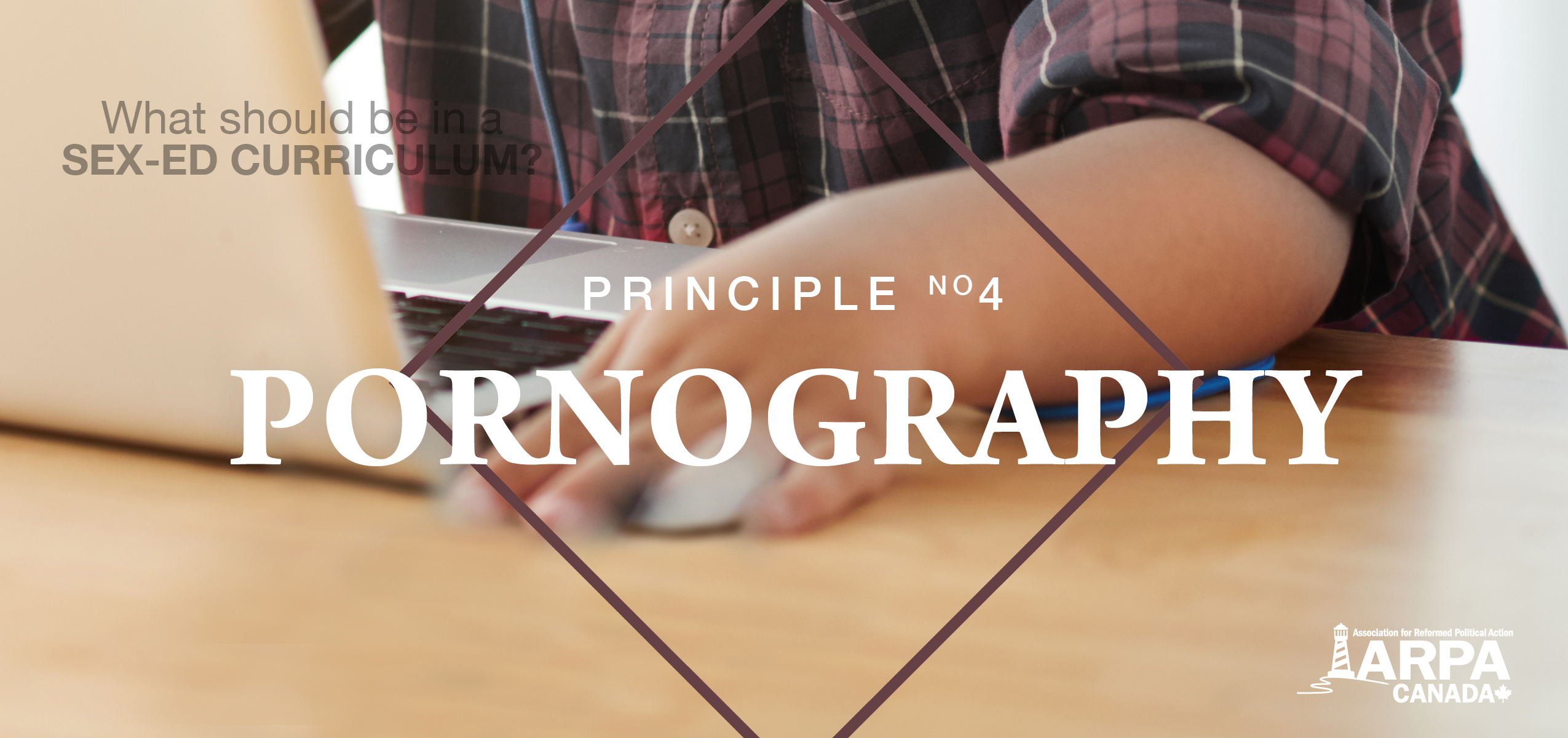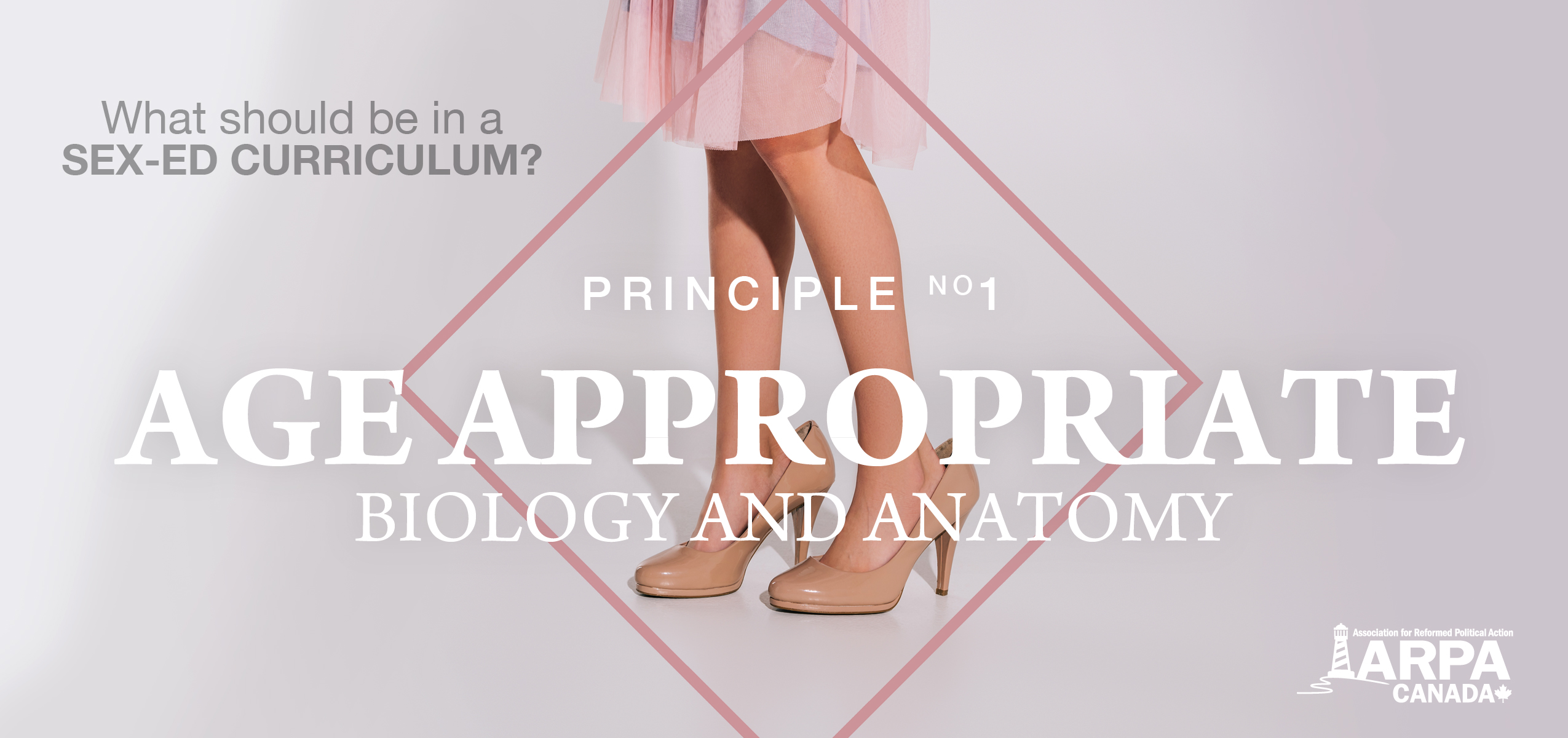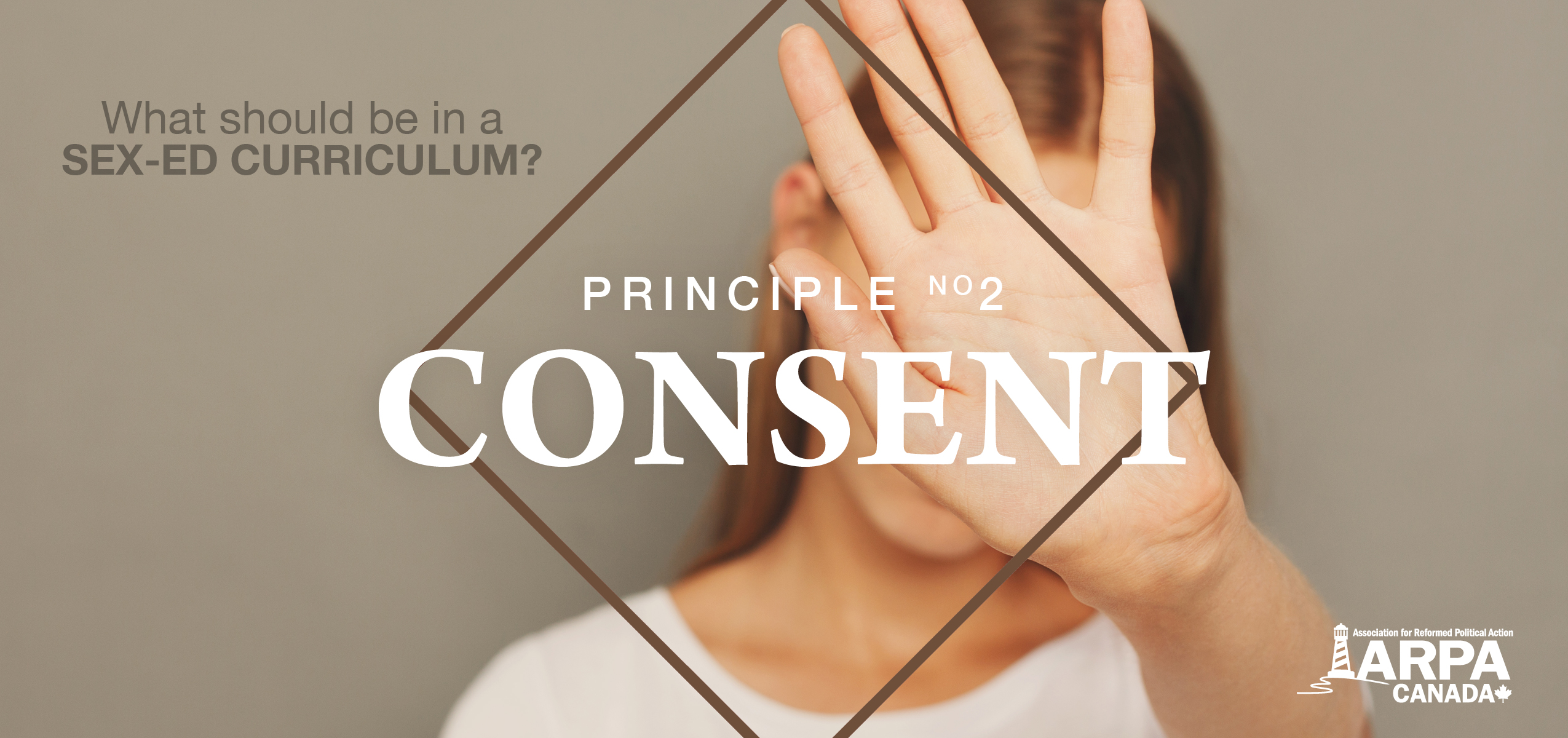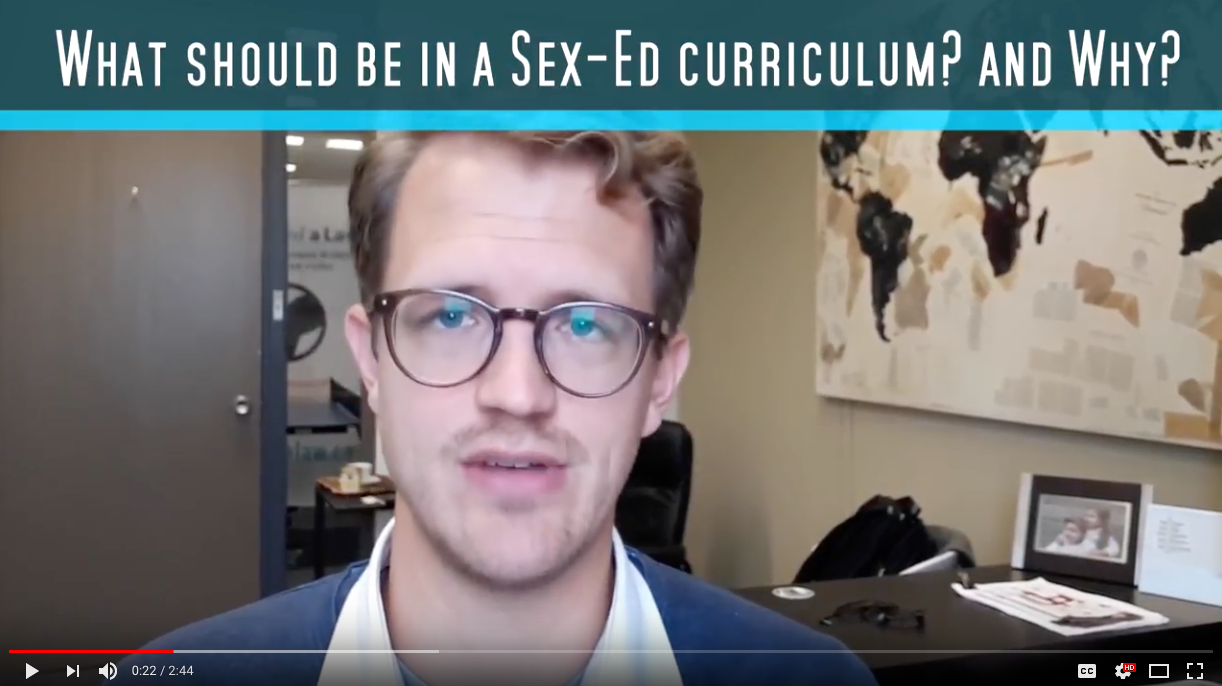What should be in a sex-ed curriculum?
We’re embarking on a new campaign to engage with the issue of sexual education in Ontario. Even if your kids attend private school or are homeschooled, this curriculum will affect your children’s friends and neighbours and will influence the next generation of Ontarians that we will be interacting with. With so much at stake, will you join us?
In removing the previous sex-ed curriculum, the Ontario government has set itself right in the line of scrutiny over this issue. Join us in this discussion by encouraging the Progressive Conservative government to hold to 5 principles. We will focus on a separate principle each week.
Principle number 5 brings us to the issue of safe sex. This is the last week of our 5 week campaign to let the government of Ontario know what we think should be in the sex-ed curriculum.
Safe sex is a term thrown around a lot, but what does it really mean to prioritize health in all circumstances? This means encouraging abstinence until adulthood, which is the surest safeguard against STI’s, unwanted pregnancy, and physical or emotional injuries. For example, our youth are not being told that depression and suicide attempts triple in teens who are sexually active [1] or that there is a significant risk of contracting herpes even when using a condom [2]. Sexually transmitted diseases should be discussed, along with the need for regular testing if one is sexually active.
Send an EasyMail here.

The sex-ed curriculum must discuss the impact of pornography. The Wynne curriculum ignored the problems of pornography. ARPA Canada has published a policy report on pornography, which discusses its impact on children and adults, including addiction and intimacy disorders. You can read it here. Send an EasyMail at this link to tell the Ontario government to include this crucial point.

 Educators should inform students of concerns such as adult predators pretending to be teenagers, risks of sharing sexual images or videos, and the issues relating to possessing or distributing these images, including criminality. Send an EasyMail here.
Educators should inform students of concerns such as adult predators pretending to be teenagers, risks of sharing sexual images or videos, and the issues relating to possessing or distributing these images, including criminality. Send an EasyMail here.
Consent is a big term that’s thrown around, it is hailed as the big solution, if we can all just agree to consent then all our problems will be solved.
The problem is, that consent is not enough. Just because someone consents, doesn’t mean that you can do whatever you want to them. Besides that, there are other factors, people will make different decisions they later regret under pressure or in tough social settings, and more.
Neuroscientific evidence reveals that teenagers are generally incapable of properly evaluating risk. Abstinence is an important factor to be discussed, to wait until brains are fully developed, and avoid negative physical and mental health consequences that may result from engaging in some ‘consensual’ sexual activity.
Alongside maturity is the factor of relationship commitment and mutual trust. It is important that this perspective not be missed. Bottom line, our children must be taught to respect each other and their bodies. Consent is not enough.
Share this message by sending an EasyMail to your MPP at this link.

This is simple. Or at least it should be. Children experience biological changes. The focus on education should be on the changes those children can expect to experience, not on how to use their bodies sexually during this time. Kids need to learn how to respect one another, including the differences between girls’ and boys’ bodies.
Age appropriateness can be hard to gauge. Make it simple. If they’re about to experience the change biologically, then teach about it. That’s it.
Those who want to see the sex-ed curriculum hyper-sexualized are pushing back, claiming that the changes will harm children. You can bring a voice of reason to this conversation. Send a message to your MPP right now by click the button above which will direct you to the EasyMail letter. With it, you can send an email in just a few minutes using points like we mentioned above. And, unlike form letters, yours will be unique to you!





